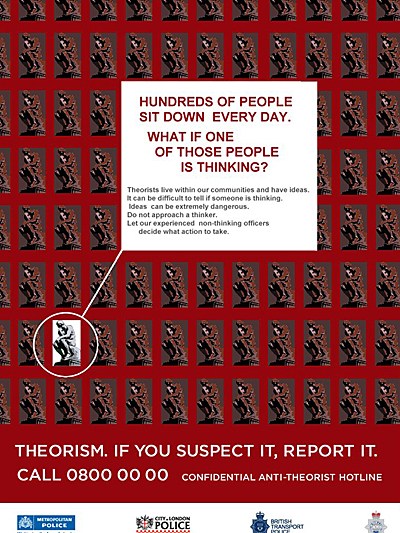Das passt auch zu den schnüffelnden Hunden – Kampfinsekten der DARPA, welche selbst dieses Jahr ihr 50 jähriges Jubiläum feiert – wir erinnern uns, DARPA war maßgeblich an der Idee des Internet in seinen Grundzügen beteiligt.
Tomdispatch hat dazu einen Artikel: Tomgram: Nick Turse, The Pentagon’s Battle Bugs
…..In the meantime, the future is now and Pentagon expert Nick Turse is at work — see below — on the latest developments in DARPA’s plans to help an overstretched military by reaching into the insect kingdom for its newest well weaponized recruits. The first larval Marines, perhaps. Ten-HUT! Unlike Americans at present, they should simply swarm to the recruiting offices…..


